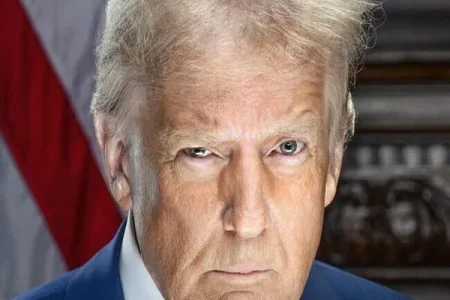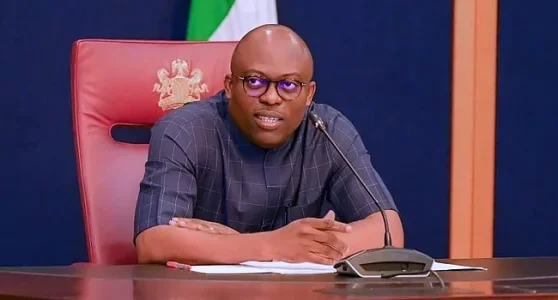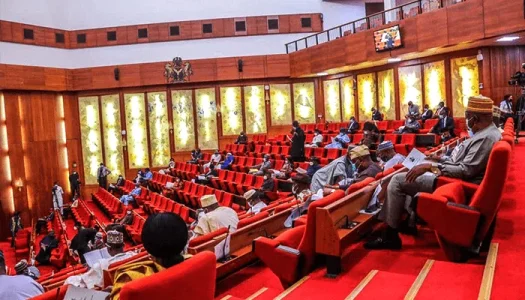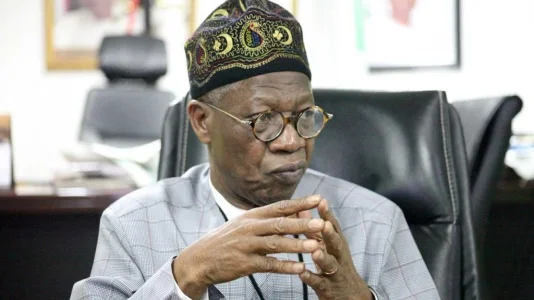
President Donald Trump has signed an executive order requiring proof of U.S. citizenship for voter registration, sparking widespread criticism from legal experts and civil rights groups. Opponents argue the order is unconstitutional and could disenfranchise millions. The ACLU and other groups have vowed legal action to challenge the directive.
President Donald Trump has signed an executive order requiring proof of U.S. citizenship for voter registration, igniting fierce backlash from legal experts and civil rights groups who argue the move could disenfranchise millions of eligible voters.
The directive, announced Tuesday at the White House, mandates that voters present official documentation—such as a passport or birth certificate—when registering in their respective states. States failing to comply risk losing federal election funding. Trump defended the order as a necessary step to “restore election integrity,” despite ongoing criticism that such claims are based on unfounded allegations of voter fraud.
“Perhaps some people think I shouldn’t be complaining because we won in a landslide,” Trump said, referencing his reelection victory. “But this country is sick because of fake elections, and we’re going to fix it.”
Opponents, however, view the move as an unconstitutional overreach of executive power. Legal scholars point out that the Constitution grants states primary authority over election procedures, and Congress—not the president—sets federal election rules. The American Civil Liberties Union (ACLU) has already vowed legal action, calling the order “an extreme abuse of power.”
“This dangerous order could disenfranchise millions of Americans who lack immediate access to citizenship documents,” said Richard Hasen, a law professor at UCLA. The Brennan Center for Justice also condemned the measure, stating it would disproportionately impact minorities, low-income voters, and the elderly.
Trump’s order also instructs the Attorney General to penalize states that count absentee ballots arriving after Election Day, a common practice in several states where ballots are valid if postmarked before polls close. Critics argue this provision directly undermines state election laws and could lead to significant disenfranchisement in future elections.
With legal battles on the horizon, experts predict a protracted fight in federal courts over the order’s constitutionality. Civil rights organizations and Democratic lawmakers are expected to challenge its implementation, framing it as part of broader efforts to suppress voter turnout.
As the debate unfolds, the order marks another chapter in Trump’s ongoing push for stricter election laws—an issue that has defined his presidency and remains central to his political agenda.




